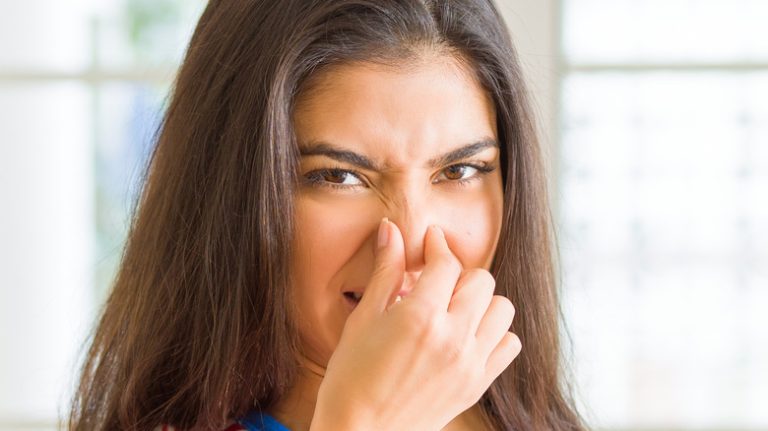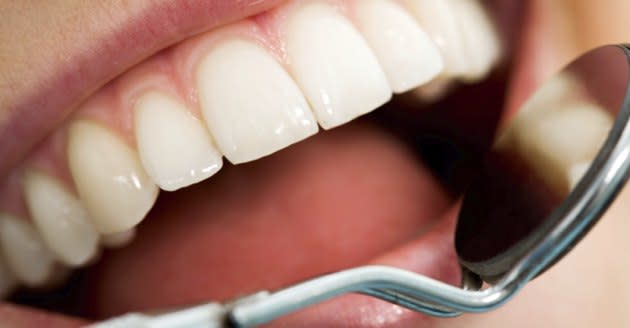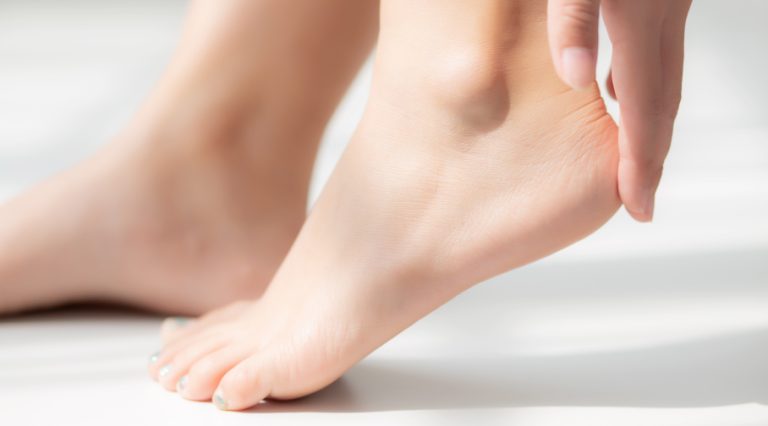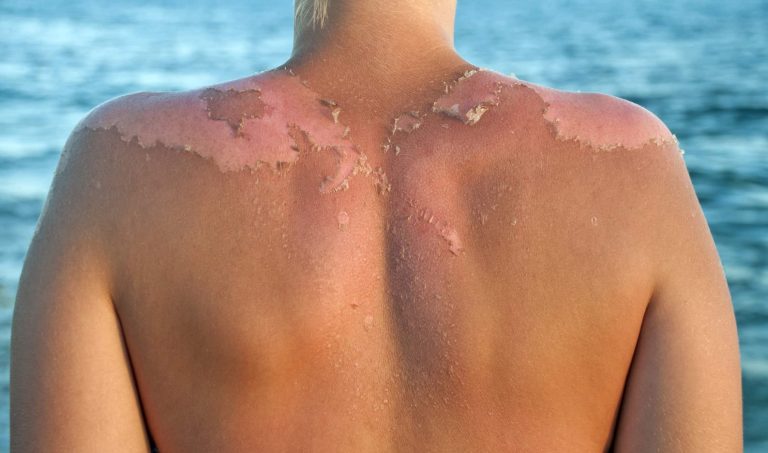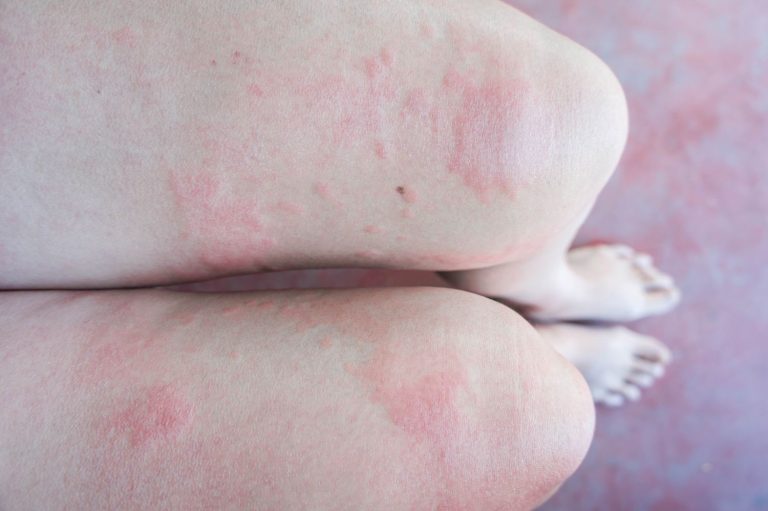Say Goodbye to Annoying Cold Sores with These Effective Remedies
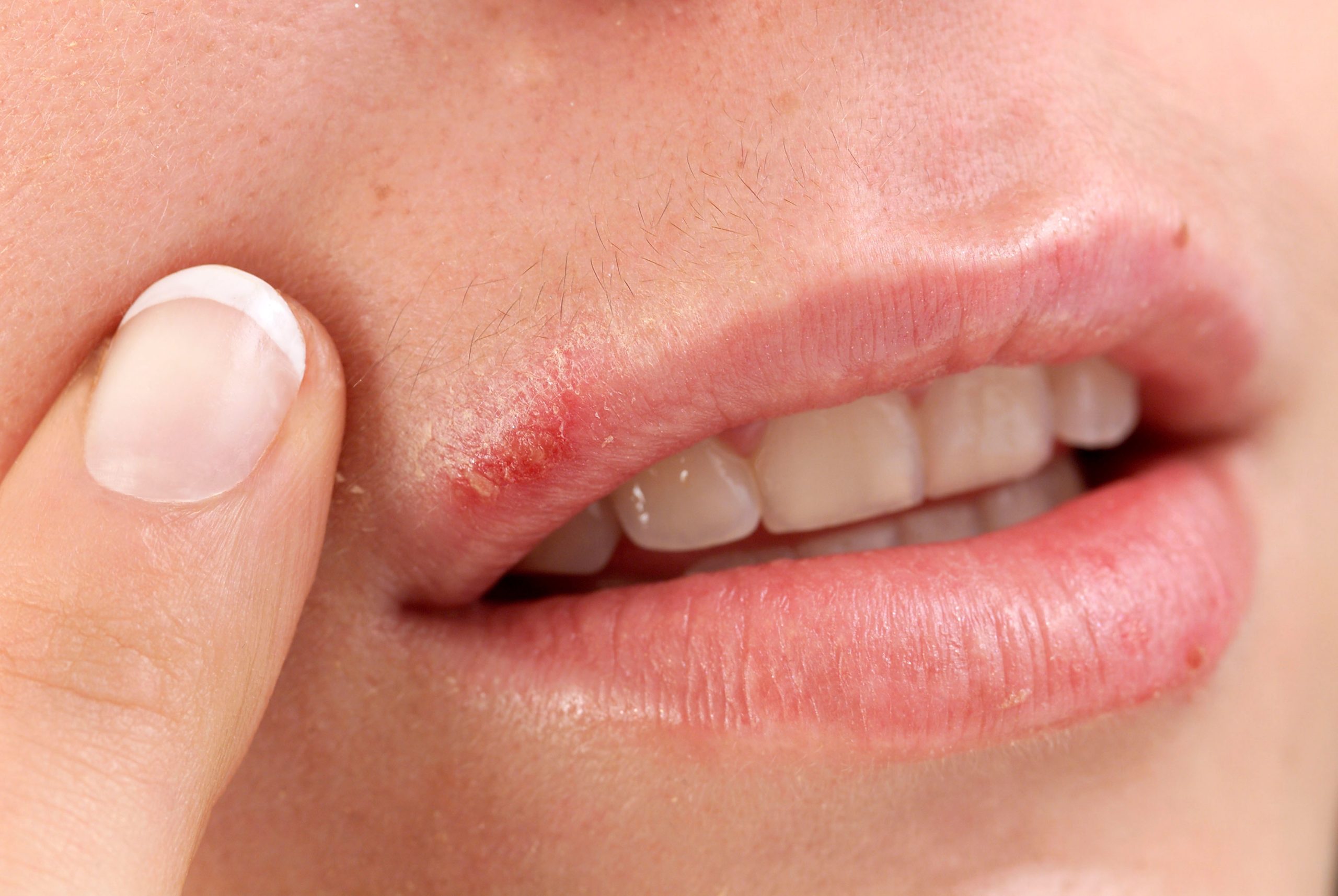
Today, we’re delving into the world of cold sores and exploring effective remedies to bid them farewell. Cold sores, also known as fever blisters, are a common annoyance for many, caused by the herpes simplex virus. Fortunately, there are numerous remedies, both at-home and over-the-counter, that can help alleviate the discomfort and promote faster healing. In this comprehensive guide, we will discuss the causes of cold sores, effective home remedies, over-the-counter treatments, lifestyle changes to prevent outbreaks, and when it’s crucial to seek medical attention. Let’s say goodbye to those pesky cold sores for good!
Understanding Cold Sores
Cold sores, also known as fever blisters, are small, fluid-filled blisters that commonly appear around the lips or mouth. These painful and unsightly sores are typically caused by the herpes simplex virus type 1 (HSV-1). Here are some key points to understand about cold sores:
- Viral Infection: Cold sores are highly contagious and can be spread through close personal contact, such as kissing or sharing utensils.
- Trigger Factors: Stress, fatigue, hormonal changes, and sunlight can trigger cold sore outbreaks in individuals who carry the herpes simplex virus.
- Symptoms: The initial outbreak is usually the most severe and is often accompanied by a tingling sensation, itching, and pain around the mouth. Subsequent outbreaks may be less severe.
- Duration: Cold sores typically go through stages, including tingling, blister formation, oozing, crusting, and healing. The entire process can last 7 to 12 days.
- Recurrence: After the initial infection, the virus remains dormant in the body and can reactivate, leading to recurrent cold sores.
Understanding the nature of cold sores is crucial for effectively managing and preventing outbreaks. In the next sections, we’ll explore effective remedies and preventive measures to help you get rid of cold sores and minimize their impact on your daily life.
Common Causes of Cold Sores
Cold sores, also known as fever blisters, are caused by the herpes simplex virus (HSV). There are two main types of HSV:
- HSV-1: This type is typically responsible for cold sores.
- HSV-2: This type is generally associated with genital herpes.
How do you get the herpes simplex virus?
The herpes simplex virus is highly contagious and can be easily spread from person to person through:
- Direct contact with an active cold sore
- Kissing an individual with an active infection
- Sharing utensils, towels, or other personal items with an infected person
Triggers that can prompt a cold sore outbreak
Several factors can trigger the reactivation of the herpes simplex virus and lead to cold sore outbreaks, including:
- Stress or fatigue
- Sun exposure
- Menstruation
- Weakened immune system
- Trauma to the skin, such as a cut or injury
Comparison Table: HSV-1 vs. HSV-2
Here’s a quick comparison between HSV-1 and HSV-2:
| HSV-1 | HSV-2 | |
|---|---|---|
| Associated with | Cold sores | Genital herpes |
| Transmission | Oral contact | Sexual contact |
| Prevalence | More common | Less common |
Understanding the common causes and triggers of cold sores is essential in taking necessary precautions and seeking appropriate remedies to manage and prevent outbreaks.
Remember, you can effectively manage cold sores with the right remedies and lifestyle adjustments.
Effective Home Remedies for Cold Sores
Cold sores can be quite bothersome, but there are several effective home remedies that can help alleviate the discomfort and promote faster healing. Here are some natural remedies to get rid of cold sores:
- Aloe Vera: Apply aloe vera gel directly onto the cold sore to soothe the affected area and accelerate the healing process.
- Lemon Balm: Studies have shown that applying lemon balm to the affected area can help reduce the duration and severity of cold sores.
- Tea Tree Oil: Known for its antiviral properties, tea tree oil can be dabbed onto the cold sore to facilitate healing.
- Cold Compress: Applying a cold compress to the affected area can provide relief from pain and reduce inflammation.
- Echinacea: Consuming echinacea supplements or applying echinacea cream may help boost the immune system and aid in cold sore recovery.
| Remedies | Benefits |
|---|---|
| Aloe Vera | Soothes and accelerates healing |
| Lemon Balm | Reduces duration and severity of cold sores |
| Tea Tree Oil | Antiviral properties for healing |
| Cold Compress | Pain relief and inflammation reduction |
| Echinacea | Boosts immune system and aids in recovery |
Incorporating these home remedies into your cold sore treatment plan can provide relief and support the natural healing process without the need for medication.
Over-the-Counter Treatments
When it comes to tackling cold sores, over-the-counter (OTC) treatments can offer effective relief. Here are some OTC options to consider:
-
Topical Creams: Look for creams containing docosanol or benzalkonium chloride. These can help to reduce the severity of cold sores and expedite the healing process.
-
Lip Balms with SPF: Protect your lips from the sun’s harmful rays by using a lip balm with SPF. This can prevent future outbreaks and shield already affected areas.
-
Pain Relievers: Over-the-counter pain relief medications such as ibuprofen or acetaminophen can alleviate the discomfort associated with cold sores.
-
Antiviral Medications: Some antiviral medications are available without a prescription, like Abreva. These medications can help to shorten the duration of a cold sore outbreak.
Remember, it’s essential to carefully follow the usage instructions for any OTC treatment. While these remedies can provide relief, it’s important to consult a healthcare professional for persistent or severe cold sore cases.
By incorporating these over-the-counter treatments into your cold sore management routine, you can effectively work towards minimizing the discomfort and duration of cold sores.
Using OTC treatments can be a convenient and accessible way to address cold sores promptly, providing relief and supporting the healing process.
Remember, as with any medical condition, it’s important to speak with a healthcare professional if you have any concerns or questions about your symptoms.
The aim of this section is to provide valuable and practical information about over-the-counter treatments for cold sores, emphasizing their convenience and effectiveness when used correctly. I’ve included a list format for easy readability and emphasized the importance of consulting a healthcare professional for severe cases. The focus keyword "Remedies To Get Rid Of Cold Sores" has been naturally incorporated into the section without overdoing it.
Lifestyle Changes to Prevent Cold Sores
When it comes to preventing cold sores, making certain lifestyle changes can be highly effective. Here are some simple yet impactful lifestyle changes that can help in preventing cold sores:
-
Stress Management: Remedies To Get Rid Of Cold Sores often involve stress management techniques, as stress is a common trigger for cold sore outbreaks. Practicing yoga, meditation, or deep breathing exercises can help reduce stress levels.
-
Healthy Diet: Consuming a balanced diet rich in lysine and low in arginine may help in preventing cold sores. Foods high in lysine include dairy products, fish, and poultry, while arginine-rich foods like nuts, seeds, and chocolate should be limited.
-
Sun Protection: Protecting your lips from the sun can prevent cold sores triggered by UV exposure. Using lip balms with SPF, wearing a wide-brimmed hat, and staying in the shade during peak sun hours can be helpful.
-
Good Hygiene Practices: Maintaining good hygiene, such as regularly washing hands and not sharing personal items like towels or utensils, can reduce the risk of spreading the herpes simplex virus and causing cold sores.
By incorporating these lifestyle changes into your daily routine, you can significantly reduce the frequency and severity of cold sore outbreaks.
Remember, prevention plays a key role in managing cold sores, so adopting these lifestyle changes can complement remedies to get rid of cold sores for better overall management.
When to Seek Medical Attention
If you are experiencing frequent or severe cold sore outbreaks despite trying various remedies to get rid of cold sores, it may be time to consult a healthcare professional. Additionally, seek medical attention if you encounter the following:
- Compromised Immune System: If you have a weakened immune system due to conditions like HIV, or if you are undergoing immunosuppressive therapy, consult a doctor for proper management of cold sores.
- Eye Involvement: Cold sores near or in the eyes can lead to serious eye infections. It’s crucial to seek immediate medical care if you develop cold sores in this area.
- Duration and Frequency: If your cold sores last for more than two weeks or if you experience frequent outbreaks, a healthcare provider can offer personalized treatment and management strategies.
- Severe Symptoms: If your cold sores are accompanied by severe pain, fever, difficulty swallowing, or if they spread to other parts of your body, it’s important to seek medical attention promptly.
Remember, while home remedies and over-the-counter treatments can be effective for many people, individuals with persistent or severe cold sores should always reach out to a medical professional for personalized care.

